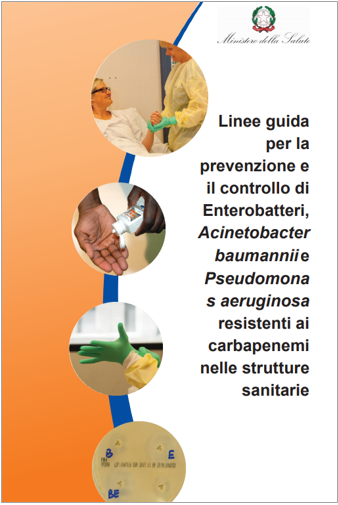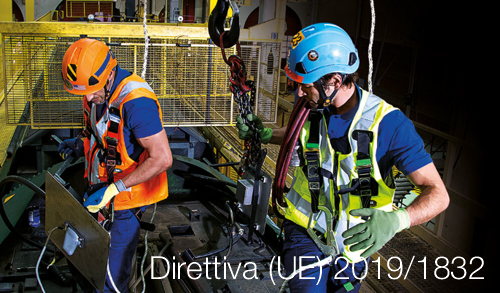Convenzione ILO C3 del 28 ottobre 1919
ID 13927 | 06.07.2021
Convenzione ILO C3 Protezione della maternità.
Washington, 28 ottobre 1919
The General Conference of the International Labour Organisation, having been convened at Washington by the Government of the United States of America on the 29th day of October 1919, and having decided upon the adoption of certain proposals with regard to "women's employment, before and after childbirth, including the question of maternity benefit", which is part of the third item in the agenda for the Washington meeting of the Conference, and having determined that these proposals shall take the form of an international Convention, adopts the following Convention, which may be cited as the Maternity Protection Convention, 1919, for ratification by the Members of the International Labour Organisation in accordance with the provisions of the Constitution of the International Labour Organisation:
Article 1
1. For the purpose of this Convention, the term industrial undertaking includes particularly:
(a) mines, quarries, and other works for the extraction of minerals from the earth;
(b) industries in which articles are manufactured, altered, cleaned, repaired, ornamented, finished, adapted for sale, broken up or demolished, or in which materials are transformed; including shipbuilding and the generation, transformation, and transmission of electricity or motive power of any kind;
(c) construction, reconstruction, maintenance, repair, alteration, or demolition of any building, railway, tramway, harbour, dock, pier, canal, inland waterway, road, tunnel, bridge, viaduct, sewer, drain, well, telegraphic or telephonic installation, electrical undertaking, gas work, water work, or other work of construction, as well as the preparation for or laying the foundation of any such work or structure;
(d) transport of passengers or goods by road, rail, sea, or inland waterway, including the handling of goods at docks, quays, wharves, and warehouses, but excluding transport by hand.
2. For the purpose of this Convention, the term commercial undertaking includes any place where articles are sold or where commerce is carried on.
3. The competent authority in each country shall define the line of division which separates industry and commerce from agriculture.
Article 2
For the purpose of this Convention, the term woman signifies any female person, irrespective of age or nationality, whether married or unmarried, and the term child signifies any child whether legitimate or illegitimate.
Article 3
In any public or private industrial or commercial undertaking, or in any branch thereof, other than an undertaking in which only members of the same family are employed, a woman:
(a) shall not be permitted to work during the six weeks following her confinement;
(b) shall have the right to leave her work if she produces a medical certificate stating that her confinement will probably take place within six weeks;
(c) shall, while she is absent from her work in pursuance of paragraphs (a) and (b), be paid benefits sufficient for the full and healthy maintenance of herself and her child, provided either out of public funds or by means of a system of insurance, the exact amount of which shall be determined by the competent authority in each country, and as an additional benefit shall be entitled to free attendance by a doctor or certified midwife; no mistake of the medical adviser in estimating the date of confinement shall preclude a woman from receiving these benefits from the date of the medical certificate up to the date on which the confinement actually takes place;
(d) shall in any case, if she is nursing her child, be allowed half an hour twice a day during her working hours for this purpose.
Article 4
Where a woman is absent from her work in accordance with paragraph (a) or (b) of Article 3 of this Convention, or remains absent from her work for a longer period as a result of illness medically certified to arise out of pregnancy or confinement and rendering her unfit for work, it shall not be lawful, until her absence shall have exceeded a maximum period to be fixed by the competent authority in each country, for her employer to give her notice of dismissal during such absence, nor to give her notice of dismissal at such a time that the notice would expire during such absence.
Article 5
The formal ratifications of this Convention, under the conditions set forth in the Constitution of the International Labour Organisation, shall be communicated to the Director-General of the International Labour Office for registration.
Article 6
1. Each Member of the International Labour Organisation which ratifies this Convention engages to apply it to its colonies, protectorates and possessions which are not fully self-governing:
(a) except where owing to the local conditions its provisions are inapplicable; or
(b) subject to such modifications as may be necessary to adapt its provisions to local conditions.
2. Each Member shall notify to the International Labour Office the action taken in respect of each of its colonies, protectorates, and possessions which are not fully self-governing.
Article 7
As soon as the ratifications of two Members of the International Labour Organisation have been registered with the International Labour Office, the Director-General of the International Labour Office shall so notify all the Members of the International Labour Organisation.
Article 8
This Convention shall come into force at the date on which such notification is issued by the Director-General of the International Labour Office, but it shall then be binding only upon those Members which have registered their ratifications with the International Labour Office. Thereafter this Convention will come into force for any other Member at the date on which its ratification is registered with the International Labour Office.
Article 9
Each Member which ratifies this Convention agrees to bring its provisions into operation not later than 1 July 1922, and to take such action as may be necessary to make these provisions effective.
Article 10
A Member which has ratified this Convention may denounce it after the expiration of ten years from the date on which the Convention first comes into force, by an act communicated to the Director-General of the International Labour Office for registration. Such denunciation shall not take effect until one year after the date on which it is registered with the International Labour Office.
Article 11
At such times as it may consider necessary the Governing Body of the International Labour Office shall present to the General Conference a report on the working of this Convention and shall examine the desirability of placing on the agenda of the Conference the question of its revision in whole or in part.
Article 12
The French and English texts of this Convention shall both be authentic.
________
Versione non ufficiale
Fonte e Ratifica: LN 02 agosto 1952, n. 1305
Entrata in vigore: 13 giugno 1921
Allegati
|
Descrizione |
Lingua |
Dimensioni |
Downloads |
 |
Abbonati Sicurezza Lavoro
|
EN |
89 kB |
2 |


































